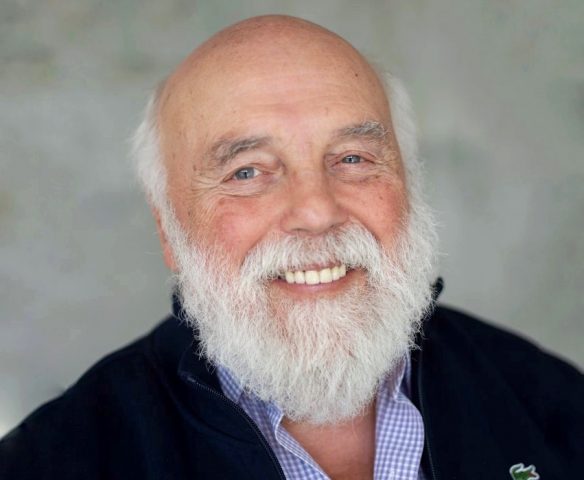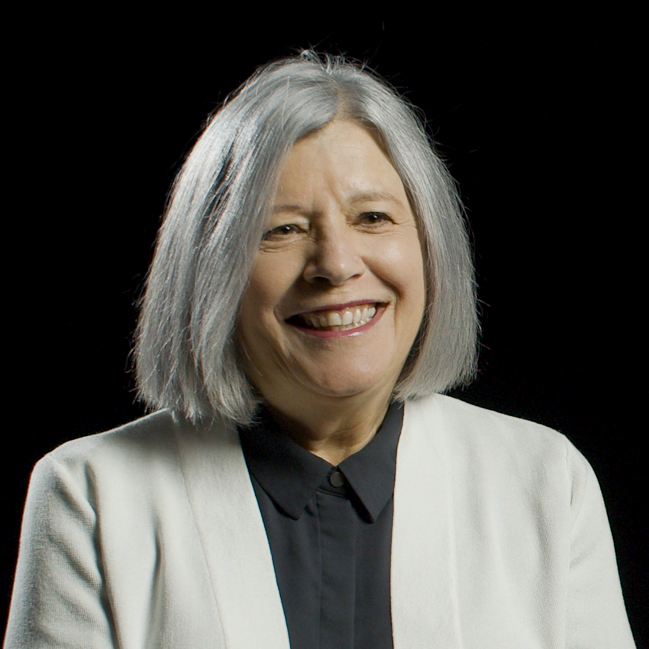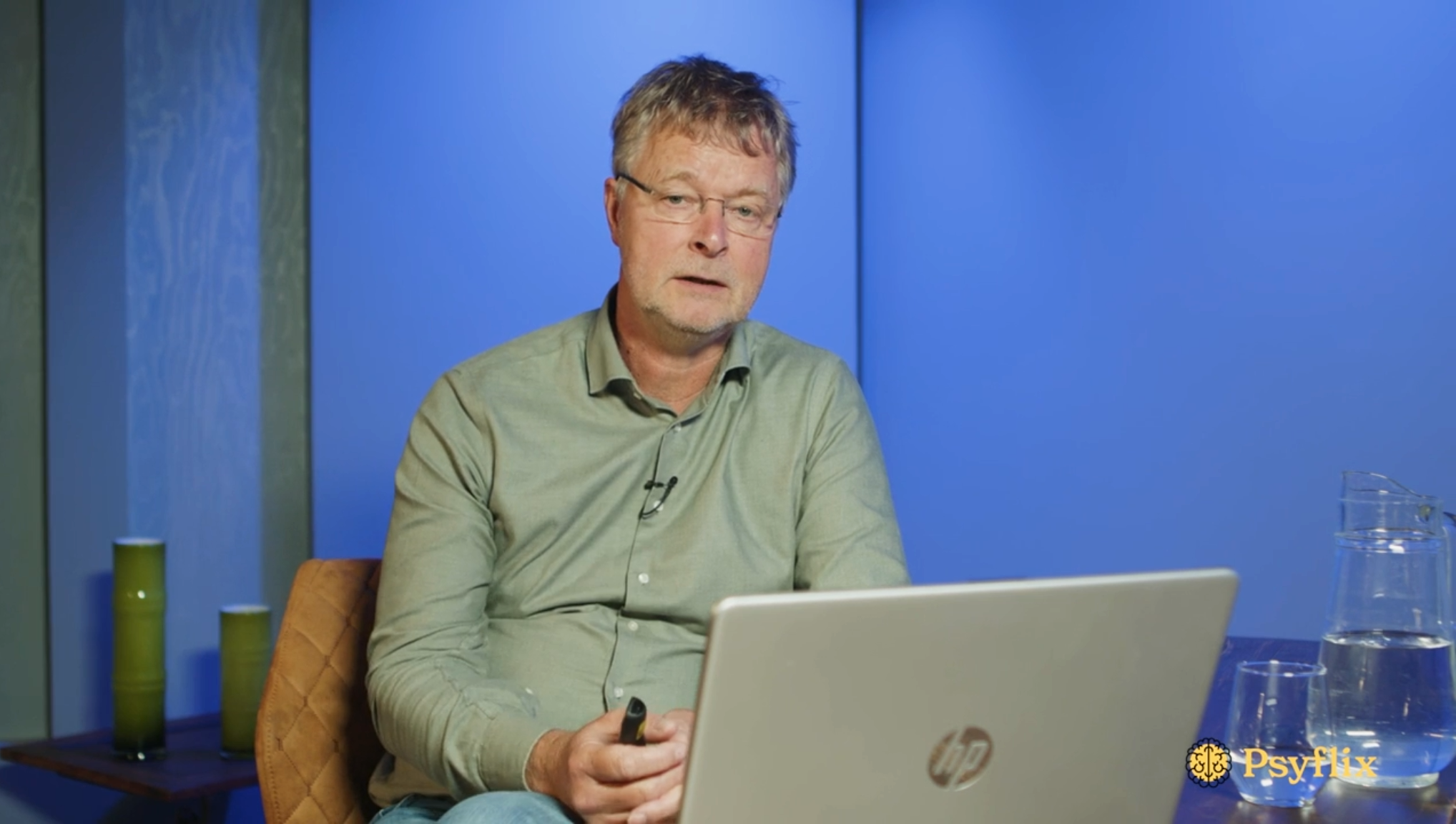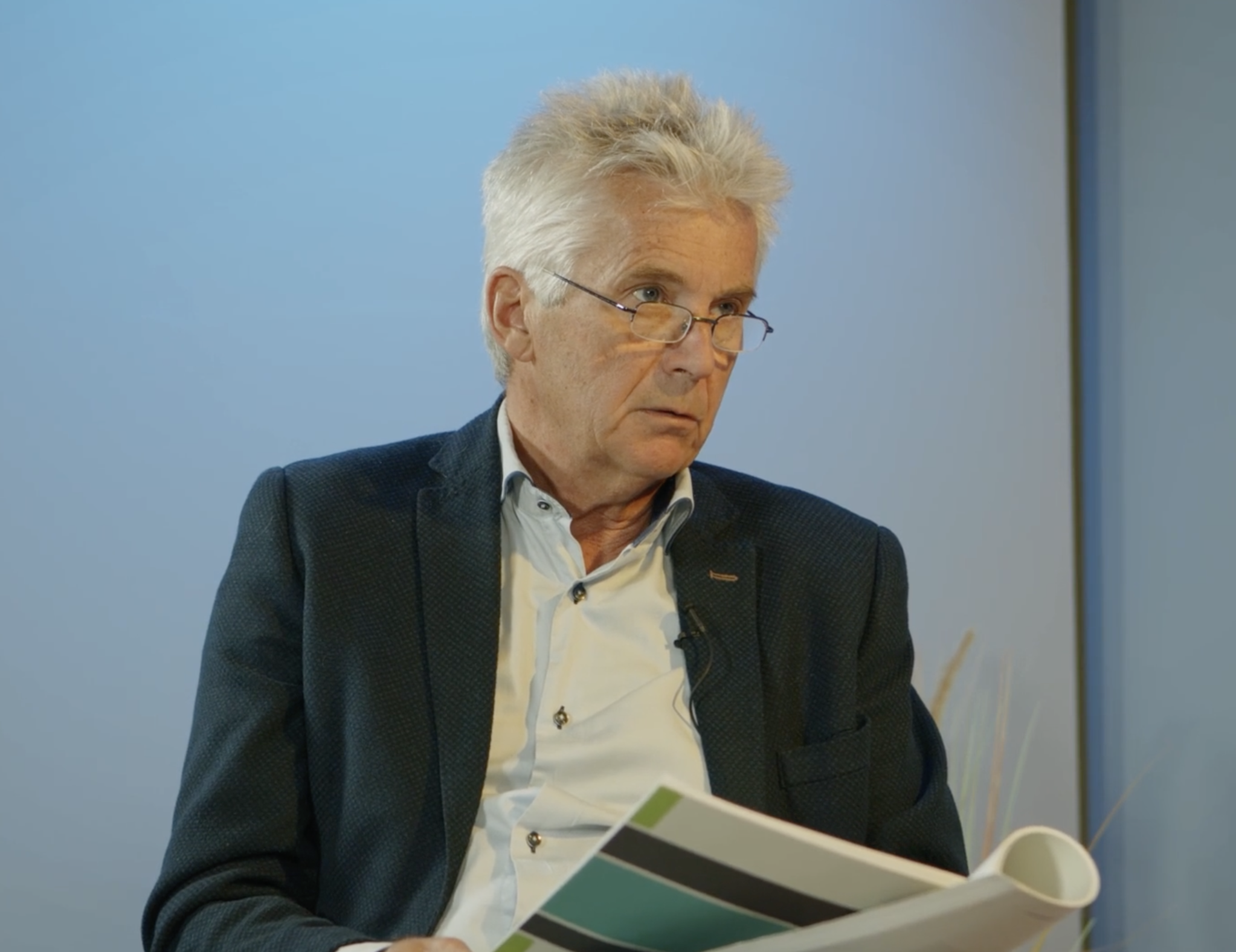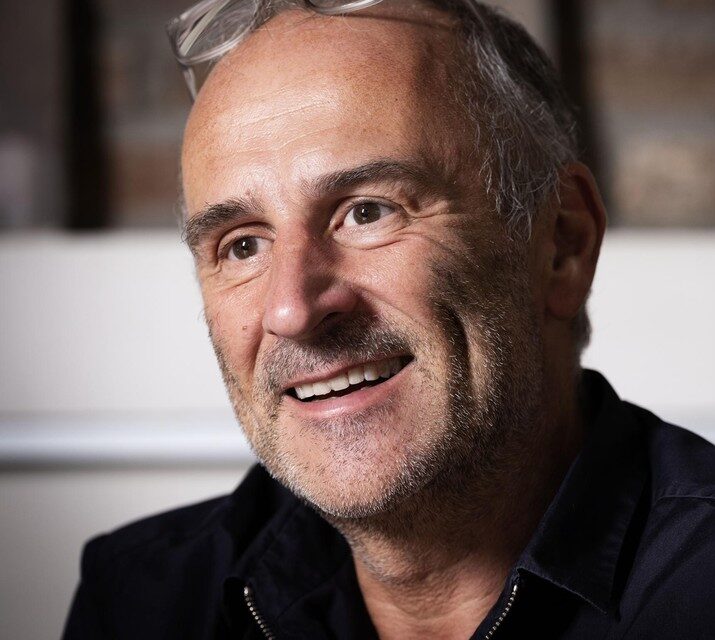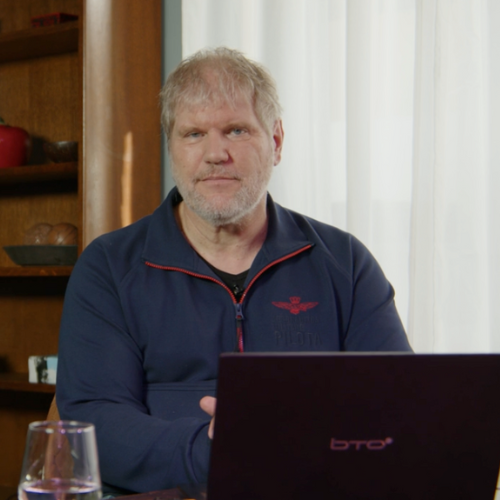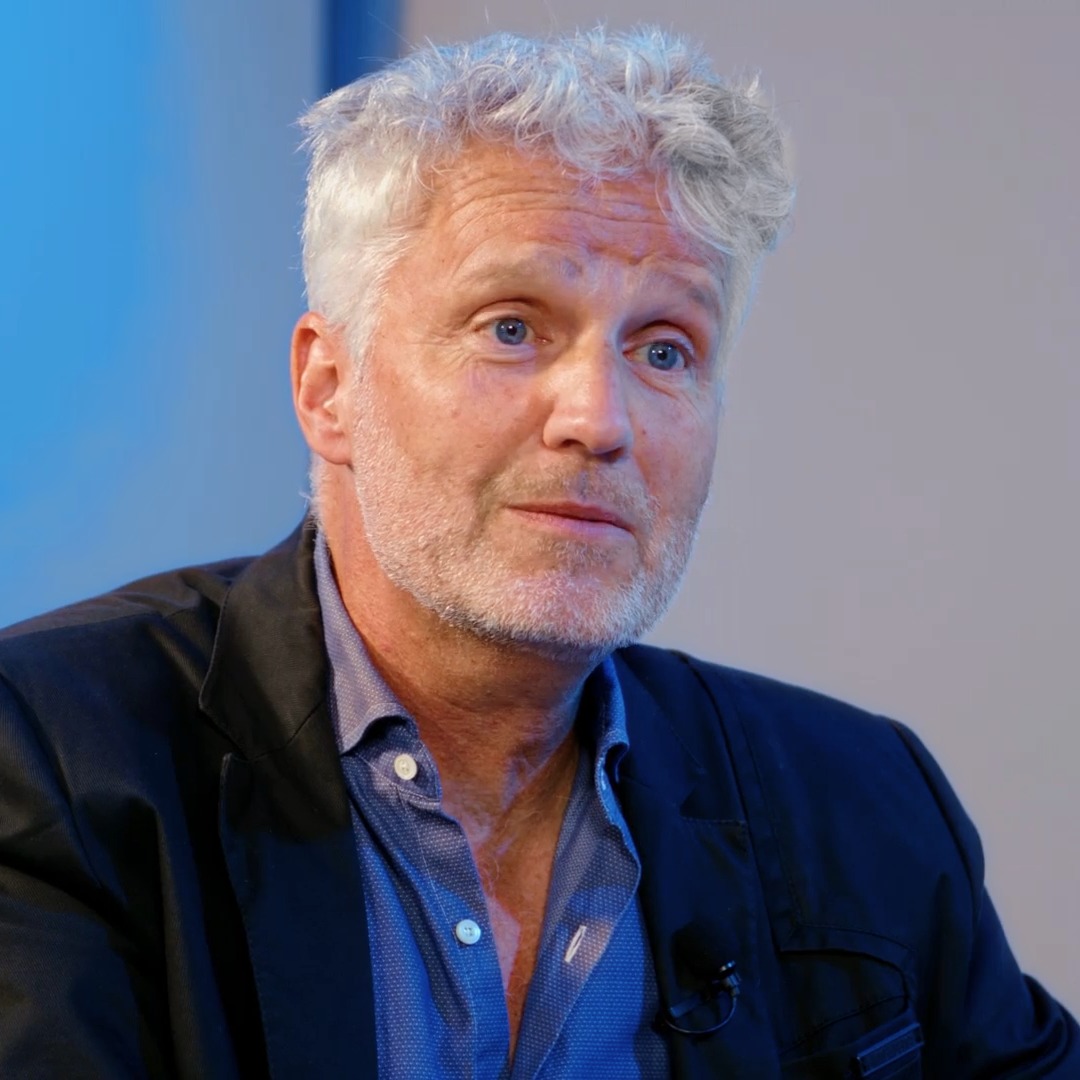Objective Master Class:
'Transforming power of affect by changing emotion with emotion'
We will begin with a discussion of the role of emotion and emotional awareness in function and dysfunction. The importance of working with automatically generated amygdala-based emotion will be emphasized. Emotion assessment to identify both adaptive and maladaptive emotions and primary and secondary emotions will be discussed. Major principles of emotional change in psychotherapy will be discussed. The key principle of changing emotion with emotion will be explained and video-taped examples will be presented. The role of memory consolidation in changing emotion with emotion will be discussed. Videotaped examples of evidence based, methods for evoking and dealing with emotions in self-criticism and emotional injuries from the past with significant others will be presented and discussed Participants will be introduced to the skills of moment by moment attunement to affect, focusing on bodily felt feelings, and the use of methods of two chair dialogues between parts of the self.
'Working with Shame and Anger in EFT': why shame and anger both appear to play a crucial role in therapeutic change. On day 2 we will elaborate all the above by focusing on Shame and anger which both appear to play a crucial role in therapeutic change. Maladaptive shame and arrested anger are both sources of psychological distress. Maladaptive shame needs to be accessed in therapy in order to transform it whereas previously unexpressed anger, rather than being controlled needs to be expressed in order serve its adaptive function. How to work with these two emotions in psychotherapy often presents challenges to therapists and clients alike. In this workshop we will discuss each of these emotions, their relationship with each other, and how to work with each of them to produce change. The underlying experience of shame often manifests in overt anger. It easier for people to feel angry than to feel shame. Anger often protects against shame. On the other hand, people often feel ashamed of their anger. Because anger is so often socially unacceptable people feel ashamed of being seen as losing control. Anger doesn't always need anger management sometimes anger expression is therapeutic. Shame and anger therefore often are sequenced, and they interact. So anger can be both a consequence of shame, a cause of shame or a cure of shame. Shame at times can also help people transform anger into harmony and conciliation, into healing apology or even submission. In this workshop we will discuss how to transform maladaptive shame, often with adaptive anger, and how to access suppressed anger and how these often lead ultimately to the sadness of grief.We will view videotapes of working with a client to overcome shame and access anger using chair dialogues.
Objectives:
- Learn to identify different types of emotional processing.
- Learn how to intervene differentially with emotion
- Learn how to change emotion with emotion...
- Learn to identify phases in emotional processing to resolve self-critical splits.
- Apply 1-4 to Identify and work with shame and anger in particular
Accreditation
Accreditation is/will be sought from:
- Federation of Health Care Psychologists and Psychotherapists (FGzPt)
- The Netherlands Institute of Psychologists (NIP).
- The Association for Person-Centered Experiential Psychotherapy (VPEP).
- The Dutch Association for Psychotherapy (NVP).
- The National Association of Psychiatrists (NVvP).
Acknowledgment
These Master Classes are recognized by the VPeP as specialization courses in the person-centered experiential psychotherapy program. See overview VPeP.
For whom.
- Psychologists, GZ psychologists, Clinical Psychologists, Psychotherapists and Psychiatrists working in the mental health field.
- HBO-trained professionals can take this course provided they are trained in psychology (or related) and are working in the mental health field. They must also have specific continuing education and specialization and relevant work experience. For assessment for admission, HBO-trained professionals should contact EFTiN (info@eftin.nl).
Teacher
Les Greenberg Ph.D. is the primary developer of Emotion-focused therapy and is Distinguished Research Professor Emeritus of Psychology at York University in Toronto. He has authored the original books on Emotion in Psychotherapy (1986), Emotionally Focused Therapy for Couples (1988). More recent books include Emotion-focused Couples Therapy: The dynamics of emotion, love and power (2008), Therapeutic Presence (2012), Emotion-focused therapy: Theory and practice (2015), Case Formulation in Emotion-Focused Therapy (2015), Emotion -Focused Therapy of Generalized Anxiety (2017), and Emotion-focused Therapy of Forgiveness(2019) and most recently changing Emotion with emotion ( 2021). He has received the Distinguished Research Career award of the International Society for Psychotherapy Research as well as the Carl Rogers and the Distinguished Professional Contribution to Applied Research of the American Psychology Association. He also has received the Canadian Psychological Association Professional Award for distinguished contributions to Psychology as a profession. He is a past President of the Society for Psychotherapy Research. He currently trains people internationally in emotion-focused approaches.
Study Load
The course load is 12 hours of class time and approximately 12 hours of reading recommended literature.
Practical
Date: May 16 and 17, 2024
Times: 09h30 - 17h00
Price: € 650 (includes organic lunch, coffee/tea).
VPeP members receive a 10% discount, see www.vpep.nl/scholing/kortingsregeling.
Location: Drakenburg Conference Center, Baarn www.drakenburg.nl.
